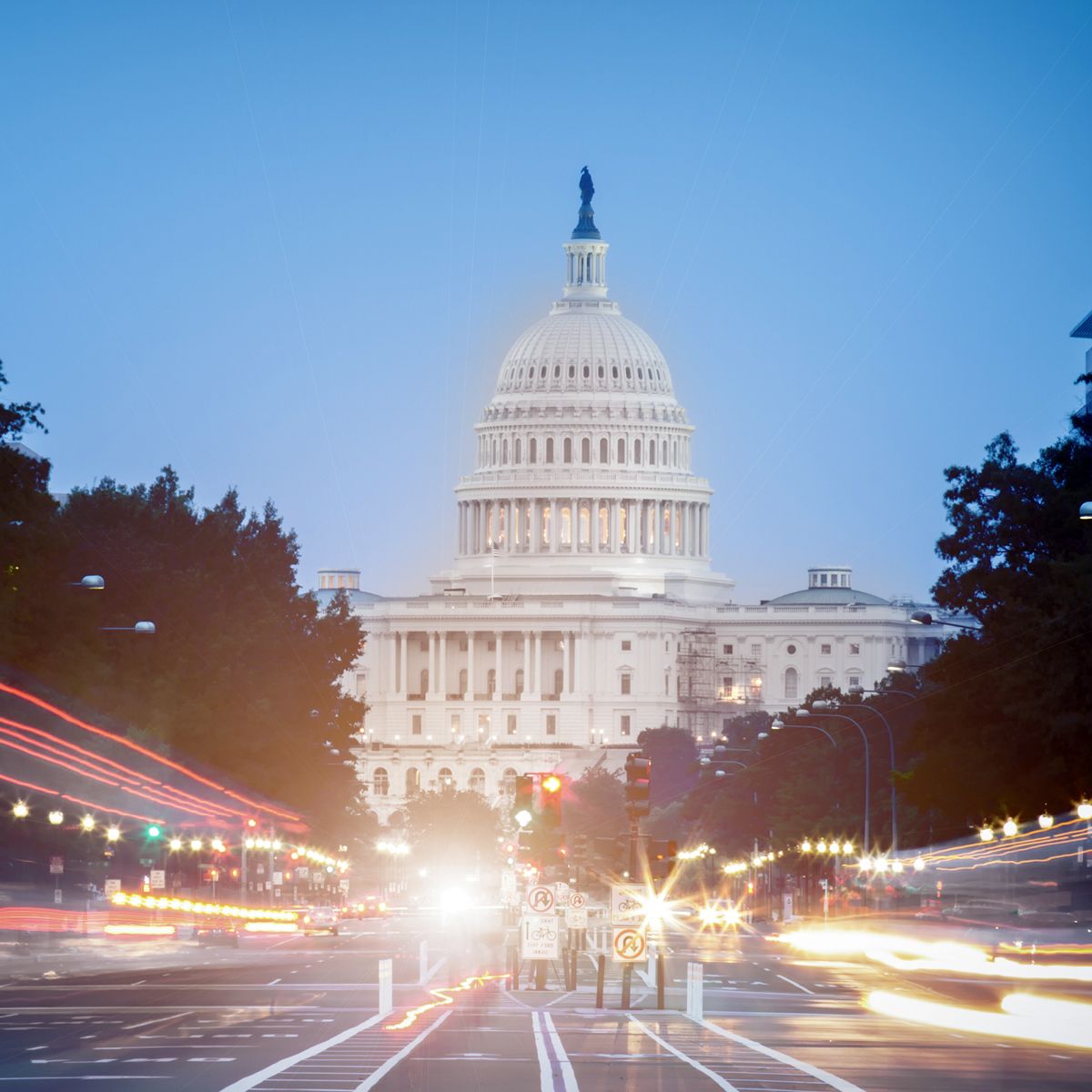Your federal agency's mission, accelerated

Achieve mission impact—faster.
Success demands solutions that deliver real results—quickly and at scale. In an increasingly complex world, we bring deep expertise and cutting-edge tools to help you overcome challenges and meet your program goals.
Our approach is practical, results-driven, and built for impact. Together, we turn bold ideas into achievable outcomes that strengthen national security, economic resilience, and operational excellence.
A trusted, reliable partner for federal agencies
Industry recognition

2025 America's Most Innovative Companies

2025 FORUM Innovation Award

2025 Disruptive Tech Award

2025 Tech 100 firm (8th year in a row)

Low-code leader for U.S. federal agencies

17th Largest Government Technology Contractor in Greater D.C. in 2025
Government contract vehicles
ICF's contracts portfolio expedites delivery of our services to clients across the U.S. Federal Government.
Featured experts

Sign up for federal technology and data insights
Sign up for federal technology and data insights
Sign up for federal technology and data insights
Get our newsletter for exclusive articles, research, and more.
Get our newsletter for exclusive articles, research, and more.
Get our newsletter for exclusive articles, research, and more.
Subscribe now
